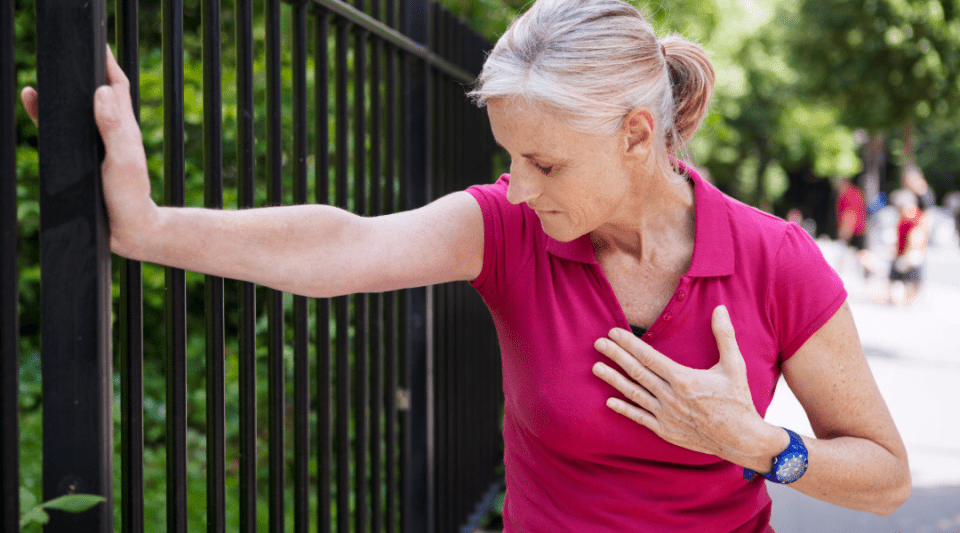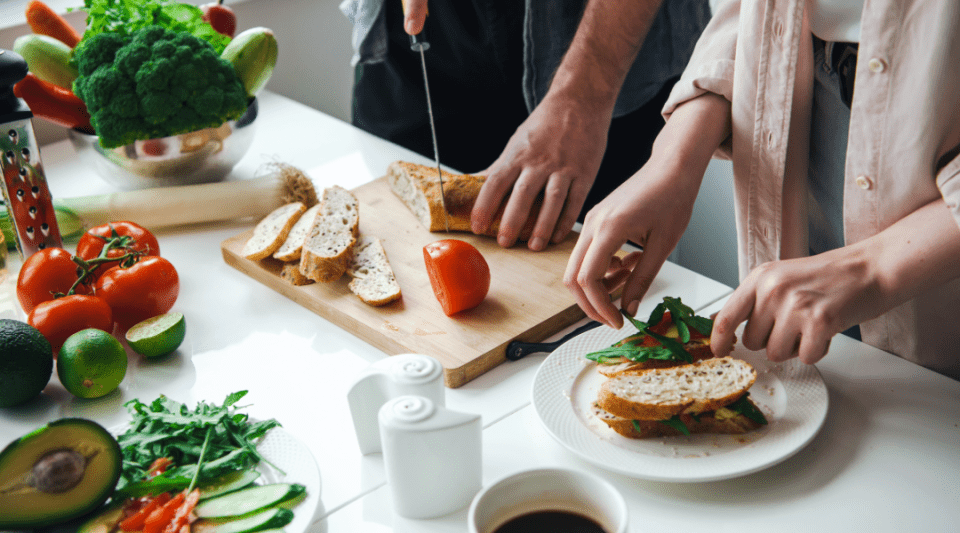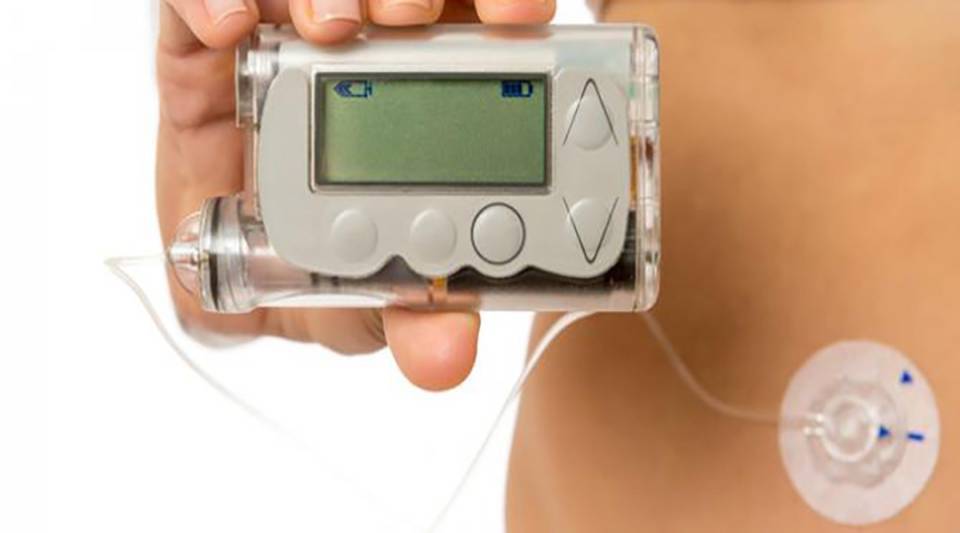7 February 2025
Substantiated information by:

Antonio Coca Payeras
Medical Internist
Internal Medicine Department

Cristina Sierra Benito
Medical Internist
Internal Medicine Department

Dolors Estrada Raventós
Servicio de Medicina Interna

Miguel Camafort Babkowski
Medical Internist
Internal Medicine Department

Mónica Doménech Feria-Carot
Médica Internista
Servicio de Medicina Interna

Rosa Soriano Giménez
Nurse
Internal Medicine Department
Published: 20 February 2018
Updated: 20 February 2018
The donations that can be done through this webpage are exclusively for the benefit of Hospital Clínic of Barcelona through Fundació Clínic per a la Recerca Biomèdica and not for BBVA Foundation, entity that collaborates with the project of PortalClínic.
Subscribe
Receive the latest updates related to this content.
Thank you for subscribing!
If this is the first time you subscribe you will receive a confirmation email, check your inbox
An error occurred and we were unable to send your data, please try again later.


